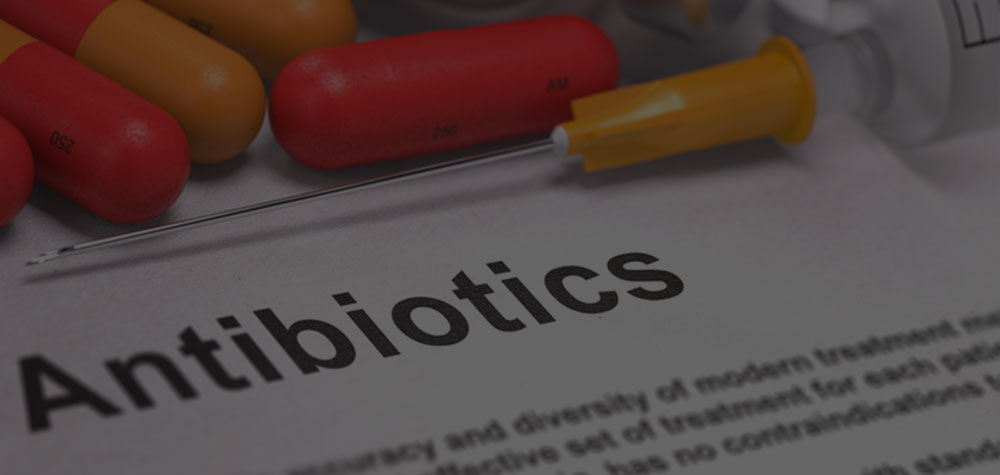The growing global concern regarding the rising incident rate of antimicrobial resistance is primarily linked to fearing entering a post-antibiotic era. With the world unprepared to face the challenge, the mortality rate among medically compromised patient may increase because of inability to fight against infection caused by resistant microorganism, simple surgical procedure may become a history. Post-antibiotic era is frightening because substitutes to commonly used antibiotics are either unavailable, or available but have serious adverse effects that it had been reserved when all other options failed, or experimental had not proved officious yet. In order to decode the curse of antibiotic resistance, multi- and inter-disciplinary approach is necessary to save lives. Recently, the GCC-Infection Control Committee had published the strategic plan for combating antimicrobial resistance in Gulf Cooperation Council States. The plan supports “One Health” concept which relies on multi- and inter-disciplinary collaboration to achieve the stated goals. Review of defined stakeholders reveal that dentists had minor role, if any.
The interaction between oral and systemic body health is bidirectional. Oral health may influence the course and outcome of systemic conditions. Utilization of antibiotic in dentistry must be exercised with caution to avoid tipping the ecological balance which may lead to unfavorable proliferation of pathogenic bacteria and fungi. Locally delivered antibiotics to treat deep periodontal pocket although aims to exert local effect still systemically absorbed. Dentist prescribe antibiotics for number of indications where the majority of prescriptions was prophylactic in nature either pre- or post- operative. Scientific literature indicate that high proportion of prescribed antibiotics were written to satisfy the patient well. The dentists’ role in the crusade against antimicrobial resistance is yet not well-recognized. Where indications for pre-operative antibiotics were clear and known, post-operative antibiotic prescription largely relies on dentists’ evaluation. Some dentists tend to prescribe postoperative antibiotic as part of routine practice. In dentistry, antibiotic prescription might serve as complementary to endodontic treatment or abscess drainage. Yet, it is not appropriate to rely solely on antibiotics to relief dental infection. Furthermore, fascial infections are better surgically drained unless inoperable, appropriate antibiotic might be prescribed after necessary microbiological testing were performed to match the causative microorganism with the appropriate antibiotics. The utilization of antibiotics in dental practice is not limited to prescription but it extends to increase utilization of over-to- counter mouth washes, anti-caries gums, and/ or detergents at the dental clinics.
Since the effort for combating antimicrobial resistance is multi- and inter-disciplinary in nature, representation of dental professionals in antimicrobial resistance committees in order to understand the discipline needs, challenges, and interaction with other disciplines that to produce a comprehensive strategic plan that mitigates the risk of emerging resistant microorganisms.
Written By:
Weam Banjar, BDS., MS in clinical research



